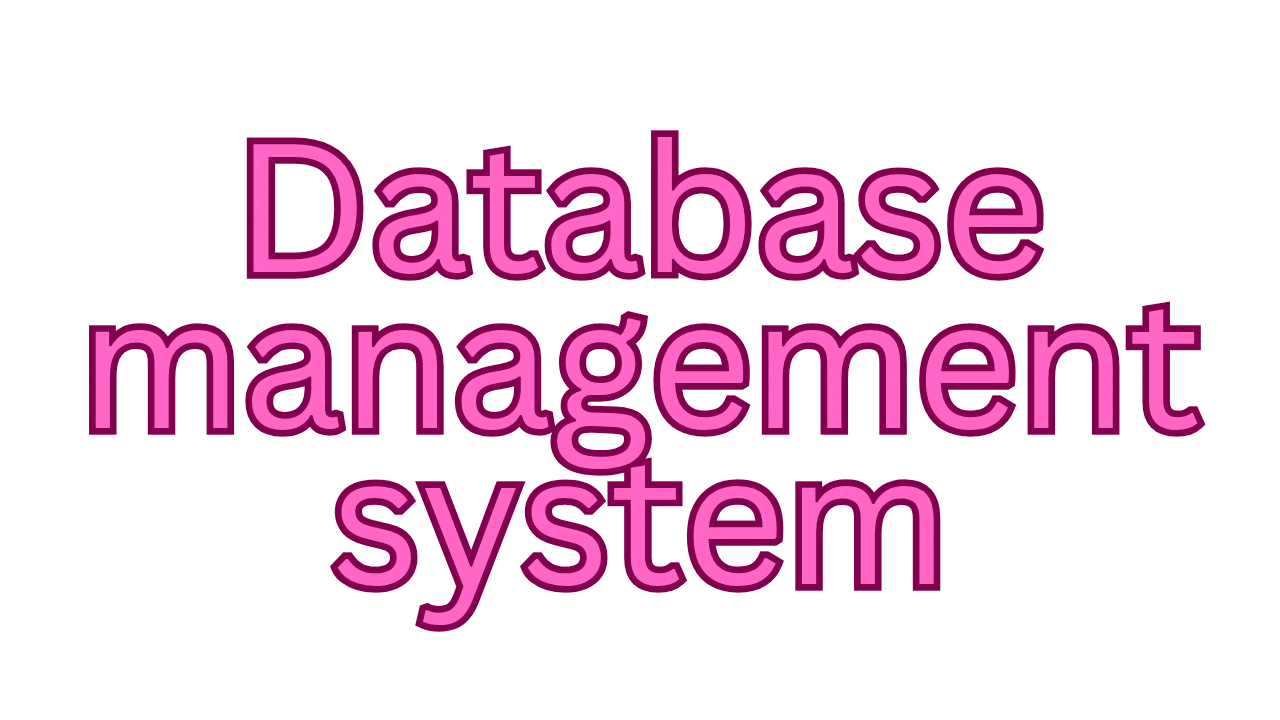Security and Ethical Issues Security of an Information System Information system security refers to the way the system is defended against unauthorized access, use, disclosure, disruption, modification, perusal, inspection, recording or destruction. There are two...
Part 9: MIS Managerial Decision-Making
Managerial Decision-Making Concept of Decision-Making Decision-making is a cognitive process that results in the selection of a course of action among several alternative scenarios. Decision-making is a daily activity for any human being. There is no exception about...
Part 8: MIS Development Process
MIS Development Process In MIS, the information is recognized as a major resource like capital and time. If this resource has to be managed well, it calls upon the management to plan for it and control it, so that the information becomes a vital resource for the...
Part 7: MIS Business Objectives of MIS and System Development Life Cycle
Strategic Business Objectives of MIS Strategic planning for an organization involves long-term policy decisions, like location of a new plant, a new product, diversification etc. Strategic planning is mostly influenced by: Decision of diversification i.e., expansion...
Part 6: MIS Business Continuity Planning and Supply Chain Management
MIS Business Continuity Planning (BCP) Business Continuity Planning BCPBCP or Business Continuity and Resiliency Planning BCRPBCRP creates a guideline for continuing business operations under adverse conditions such as a natural calamity, an interruption in regular...
Part 5: MIS Business Intelligence System and Enterprise Application Integration
Business Intelligence System (BIS) The term 'Business Intelligence' has evolved from the decision support systems and gained strength with the technology and applications like data warehouses, Executive Information Systems and Online Analytical Processing OLAPOLAP....
Part 4: MIS Content Management System and Executive Support System
Content Management System (CMS) A Content Management System CMSCMS allows publishing, editing, and modifying content as well as its maintenance by combining rules, processes and/or workflows, from a central interface, in a collaborative environment. A CMS may serve as...
Part 3: MIS Decision Support System and Knowledge Management System
MIS Decision Support System, Knowledge Management System Decision support systems (DSS) are interactive software-based systems intended to help managers in decision-making by accessing large volumes of information generated from various related information systems...
Part 2: MIS Major Enterprise Applications and Use.
Enterprise applications Enterprise applications are specifically designed for the sole purpose of promoting the needs and objectives of the organizations. Enterprise applications provide business-oriented tools supporting electronic commerce, enterprise communication...
Part 1: MIS Basic Information Concepts Need & Objectives
MIS Basic Information Concepts Information can be defined as meaningfully interpreted data. If we give you a number 1- 212-290-4700, it does not make any sense on its own. It is just a raw data. However if we say Tel: +1-212-290-4700, it starts making sense. It...
Chapter 4 Relational Algebra
Relational Algebra The part of mathematics in which letters and other general symbols are used to represent numbers and quantities in formula and equations. Ex: (x + y) · z = (x · z) + (y · z). The main application of relational algebra is providing a theoretical...
Chapter 3 Components of the Database System Environment
Components of the Database System Environment There are five major components in the database system environment and their interrelationships are. Hardware Software Data Users Procedures Hardware: The hardware is the actual computer system used for keeping and...
Database basic overview
What is DBMS? A Database Management System (DBMS) is a collection of interrelated data and a set of programs to access those data. Database management systems (DBMS) are computer software applications that interact with the user, other applications, and the database...
Laravel – Scopes (3 Easy Steps)
Scoping is one of the superpowers that eloquent grants to developers when querying a model. Scopes allow developers to add constraints to queries for a given model. In simple terms laravel scope is just a query, a query to make the code shorter and faster. We can...



